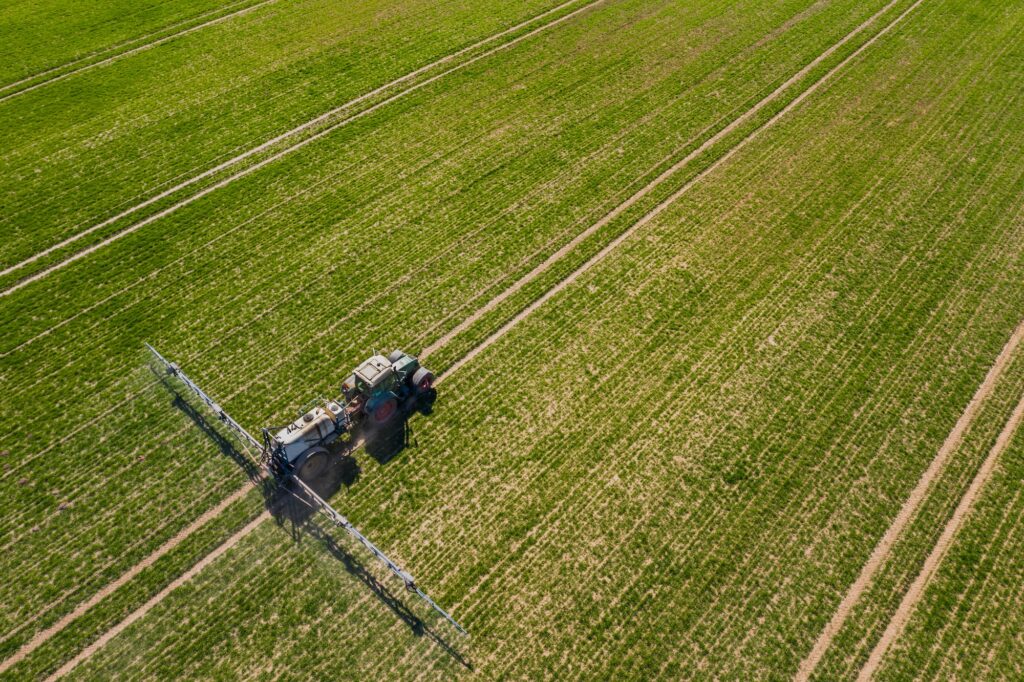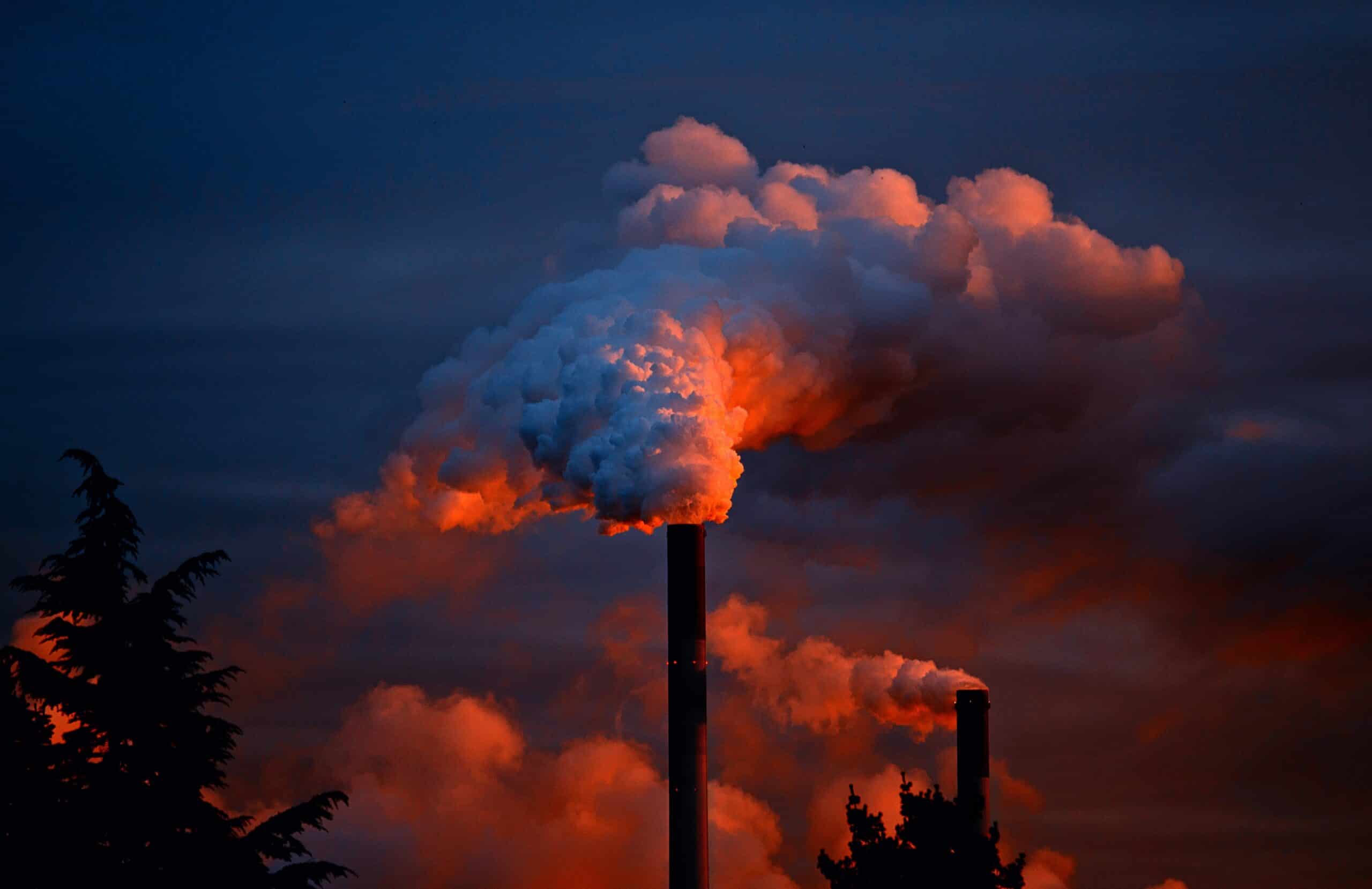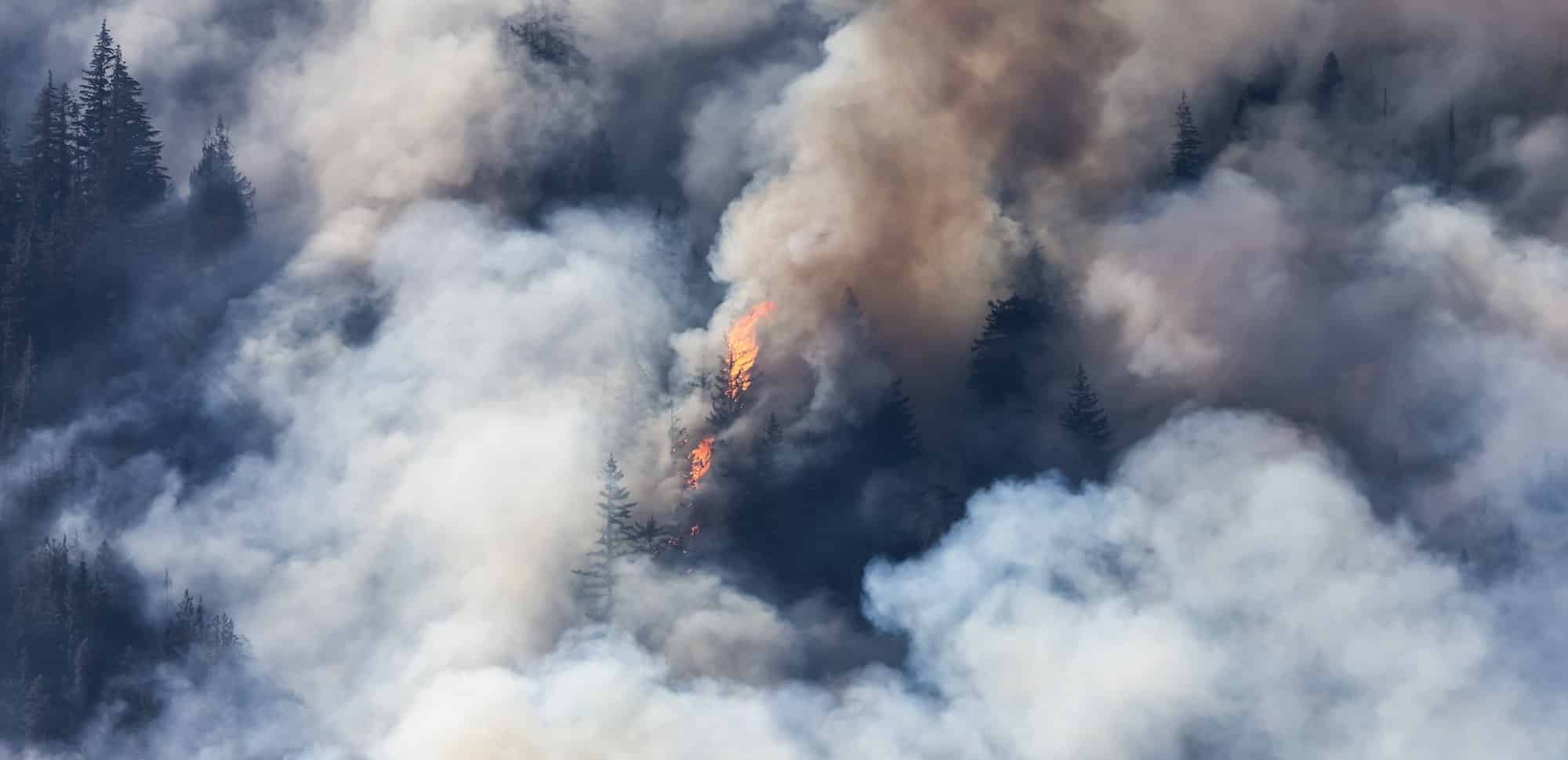
Fungicides are chemicals that are used to kill or inhibit the growth of fungi. While fungicides can be effective in controlling fungal diseases in crops and other plants, they can also have a detrimental impact on the fungi that are essential for soil health and biodiversity.
One of the main ways that fungicides kill fungi is by disrupting their cell membranes or inhibiting the production of essential enzymes. This can lead to the death of the fungus and the disruption of the mycorrhizal association, which can have severe consequences for the health of the soil. Without mycorrhizal fungi, plants can struggle to absorb nutrients and water, leading to reduced growth and productivity.
The use of fungicides can also lead to a decline in the diversity of fungal species in the soil, which can have a ripple effect on the entire ecosystem. Fungi play an important role in breaking down dead organic matter, cycling nutrients, and supporting the growth of plants, and the loss of these important functions can lead to a decline in soil health and overall biodiversity.
In addition, Fungicides can also lead to the death of beneficial microorganisms, such as bacteria and protozoa, that are essential for the health of the soil. This can lead to a decline in soil fertility, as well as increased erosion and water runoff. Furthermore, Fungicides can also damage the structure of the soil, leading to soil compaction and reduced water retention. This can make it harder for water to penetrate the soil and for plants to access the water they need, leading to further declines in growth and productivity.
Fungi play an essential role in biodiversity and the roots of plant life. They are a diverse group of organisms that form a critical part of many ecosystems, and they interact with other organisms in a variety of ways.
One of the most important roles of fungi is in the formation of mycorrhizal associations with plants. Mycorrhizal fungi form a symbiotic relationship with the roots of most plant species, in which the fungus provides the plant with essential nutrients such as phosphorous, and in return, the plant provides the fungus with carbohydrates. This mutualistic relationship is critical for the survival and growth of many plant species, particularly in nutrient-poor soils.
Fungi also play an important role in nutrient cycling by breaking down dead organic matter and recycling nutrients back into the ecosystem. They are decomposers and are responsible for breaking down dead plant and animal material, which releases nutrients that can be taken up by other organisms. This process is essential for maintaining soil fertility and overall ecosystem health.
Another important role of fungi is in plant communication. Fungi and plants communicate through networks of underground mycelium, which is the vegetative part of the fungus. Fungi can share information and resources with plants, such as warning them of pests or diseases, or providing them with essential nutrients. This communication is essential for the survival and growth of plants and the overall health of the ecosystem.
Overall, fungi are essential to biodiversity, and the health and functioning of ecosystems. They play a critical role in nutrient cycling, plant growth, and communication, and their decline would have severe consequences for the health of the planet.
In summary, fungicides can be effective in controlling fungal diseases, but their use can also have severe consequences for soil health and biodiversity. They can kill important fungi, leading to a decline in soil fertility, increased erosion, and reduced water retention. It can also lead to a decline in the overall health and productivity of the ecosystem.
Herbicides, like fungicides, can have a significant impact on soil health. They are chemicals that are used to control or kill unwanted plants, such as weeds, but they can also harm or kill beneficial plants, microorganisms, and insects in the soil.
One of the main ways that herbicides can affect soil health is by killing or inhibiting the growth of beneficial plants and microorganisms that are essential for nutrient cycling and soil fertility. For example, some herbicides can kill or inhibit the growth of cover crops and other beneficial plants that are used to improve soil health and reduce erosion. They can also kill or inhibit the growth of microorganisms that are essential for breaking down dead organic matter and cycling nutrients, leading to a decline in soil fertility.
Herbicides can also have a negative impact on the soil structure and water retention. They can cause soil compaction and reduce the amount of organic matter in the soil, which can make it harder for water to penetrate the soil and for plants to access the water they need. This can lead to increased erosion and runoff, as well as reduced growth and productivity.
Another way that herbicides can impact soil health is by killing or suppressing beneficial insects and other arthropods that play an important role in soil health and fertility. For example, some herbicides can kill or suppress pollinators, such as bees and butterflies, which can have a negative impact on plant growth and productivity.
In summary, the use of herbicides can have a significant impact on soil health and biodiversity. They can kill or inhibit the growth of beneficial plants and microorganisms, cause soil compaction and reduce water retention, and kill or suppress beneficial insects and other arthropods. This can lead to a decline in soil fertility, increased erosion and runoff, and reduced growth and productivity. It is also important to use them carefully and sparingly, and to consider alternative methods of weed control, such as crop rotation, hand weeding, and mulching.
Insecticides are chemicals that are used to control or kill insects, but they can also have a devastating impact on pollinators and other beneficial insects that are essential for the health of our ecosystems and our food supply.
Pollinators, such as bees, butterflies, and beetles, play a critical role in the reproduction of plants and the production of our food. They are responsible for the pollination of over 75% of our global food crops, including fruits, vegetables, nuts, and seeds. Without pollinators, our food supply would be severely impacted and many of our favorite foods would become much more expensive or even disappear altogether.
Insecticides can kill or harm pollinators in a variety of ways. For example, some insecticides are highly toxic to bees and other pollinators, and can kill them directly. Others can weaken or suppress their immune systems, making them more susceptible to disease. Still, others can affect their behavior and disrupt their ability to navigate and find food.
Furthermore, insecticides can also have a negative impact on the plants that pollinators depend on for food and habitat. For example, some insecticides can reduce the quality and quantity of nectar and pollen, making it harder for pollinators to find food. Others can damage or kill the plants themselves, reducing the amount of available habitat for pollinators.
The pollution of plants with insecticides also affects other beneficial insects and microorganisms that play an important role in the ecosystem such as predators, parasites, and decomposers. They are important for controlling pests, breaking down dead organic matter, and cycling nutrients. The loss of these organisms can lead to a decline in soil health and overall biodiversity, which can have a ripple effect on the entire ecosystem.
In conclusion, insecticides can have a devastating impact on pollinators and other beneficial insects that are essential for the health of our ecosystems and our food supply. Their use can lead to a decline in the number and diversity of pollinators, which can have severe consequences for the health of our food supply and the overall health of our planet. It is crucial that we take action to protect pollinators and other beneficial insects, and to reduce our dependence on insecticides and other chemicals that can harm our environment and our food supply.








